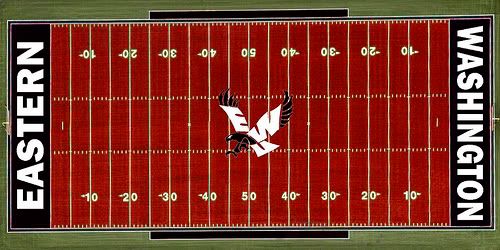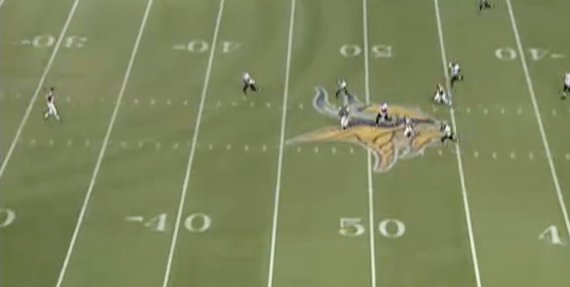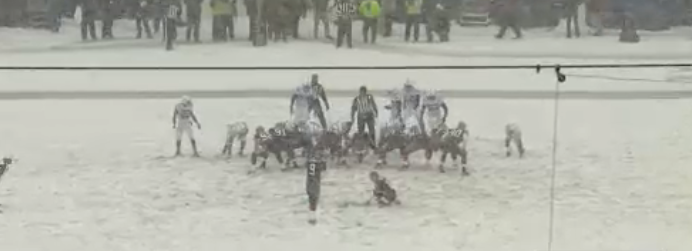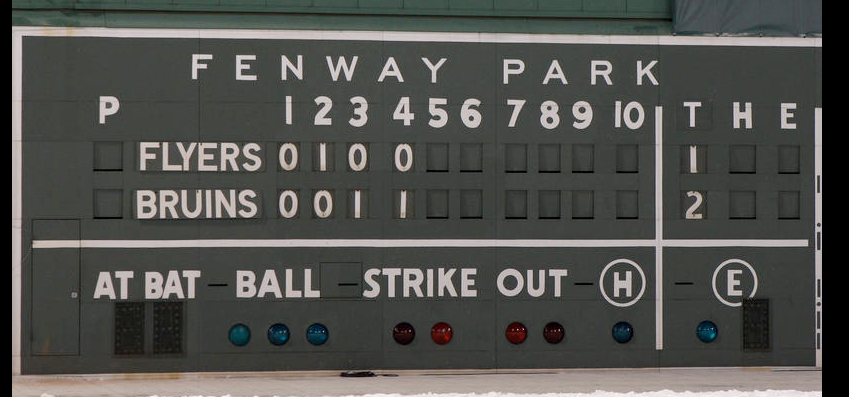"She's probably the most prestigious woman in the industry right now," says Carmen Magro, a former course superintendent who is head of the turfgrass program at Penn State, one of the foremost training grounds for supers in the U.S. "If she has a successful Open," he says, "that will be huge for women in this industry. It will absolutely open doors." And that--breaking golf's grass ceiling--makes Combs proud. "That means something to me," she says. "Hopefully, I'm going to give one for the team."
Of the roughly 10,500 superintendents and 5,500 assistants who belong to the Golf Course Superintendents Association of America, only 79 supers and 72 assistants are women. Of the 2,000 members who have reached the association's highest level of certification, women--Combs among them--make up barely 1%.
"We're few and far between," says 27-year-old Patty Reedy, who was recently elevated from assistant to head super on the South course at Los Angeles Country Club, making her one of only 16 women supers at private clubs. The lack of numbers isn't surprising. The job entails exhausting physical labor and grueling hours and is complicated by nature's whims and golfers' demands. "This is no place for suits and high heels," says Andrea Bakalyar, 34, super at the Wee course at Williams Creek in Knoxville, Tenn. "It's not for everybody. It's not an easy career."
"I love this job," says Nancy Dickens, 47, superintendent and head agronomist of Westin Kierland Resort in Scottsdale, Ariz. "Every day provides me with an interesting challenge that tests what I know." When she was in her early 30s, Dickens jumped off the corporate ladder at Hallmark Cards after realizing that she didn't want to be chained to a desk. An avid golfer, she began researching jobs in the industry. "Back then I never thought that a woman could do this," she says.
The profession has changed dramatically in recent years. The old greenkeeper was a manual laborer with a green thumb. Says Bruce Williams (a third-generation super who as head of the grounds at L.A. Country Club hired Reedy), "The key to the old days was, you had to withstand the physical part of the job to move yourself through the ranks. Back then, unloading a fertilizer truck was backbreaking. Today we do it with a forklift. The physical aspect is still there, but it isn't make or break anymore."
The path to running a course now runs through university programs like Penn State's, where one or two women (out of a total enrollment of 45) matriculate annually, up from one every few years a decade ago. Reedy was in one of those programs, at Texas A&M. Initially, though, she had no interest in golf or golf courses. "Growing up, I liked doing yard work," she says. "It's as simple as that." In 2001 when a friend took a summer internship in Boston, she went along and found one too, in Brookline under Spence. "The rest is pretty much history," says Reedy, who went on to work at Skokie (Ill.) Country Club for three years before moving to L.A.


































